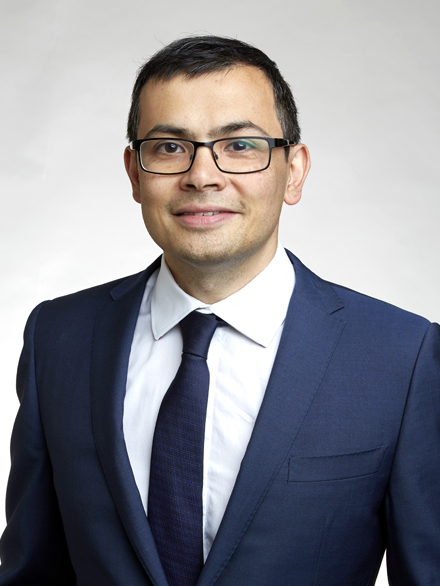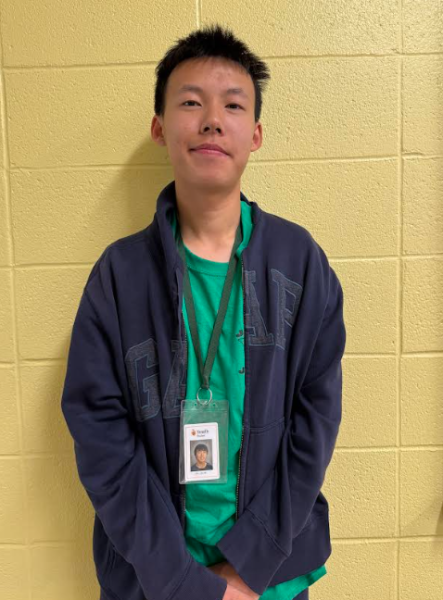For their efforts to predict the structures of proteins using artificial intelligence (AI) models, 48-year-old Demis Hassabis and his coworker John Jumper were awarded the 2024 Nobel Prize for Chemistry last week.
Hassabis has been one of the pioneers of artificial intelligence technology and is the cofounder of the artificial intelligence lab DeepMind, a London-based technology company that aims to improve the lives of billions using AI.
Hassabis was born in London on July 27, 1976. As a child, Hassabis was a prodigy at numerous board games, including chess. At the age of eight, he bought a computer, a device that he believed had infinite potential for creativity. He worked for Bullfrog Productions as a video game designer with his extraordinary aptitude for computer programming shown in his creation of the video game Theme Park, a game that sold millions of copies and later remade for iOS. He then went on to graduate from the University of Cambridge.
After briefly designing video games, Hassabis became deeply invested in learning about cognitive neuroscience at the University College London in 2005, discovering links between imagination and amnesia that received widespread media attention at the time. He aimed to use the human brain as a way to explore new AI algorithms.
In 2010, he founded DeepMind with Shane Legg and Mustafa Suleyman. Their mission, “build AI responsibly to benefit humanity,” serves as a testament to the work that Hassabis hoped to accomplish with his company. By utilizing self-learning algorithms that are a combination of machine learning and neuroscience, DeepMind could excel at specific tasks at an unprecedented level. Google acquired DeepMind for around four hundred million euros in 2014.
The company’s algorithm was exemplified through its incredible achievements in board games. The creation of AlphaGo was able to defeat world champion Lee Sedol in Go while AlphaZero reportedly only needed to play itself for four hours before it became the strongest chess entity to exist and defeated Stockfish, the strongest chess engine at the time.
Recently, DeepMind turned its attention to protein folding, a process that scientists deemed essential for understanding the function of proteins. Proteins are critical to the function of biological organisms, but knowing the structure of proteins has been a significant challenge for the last fifty years. However, DeepMind was up to the task. The creation of the AlphaFold AI system allowed for the prediction of three-dimensional protein structures from their sequences of amino acids.
Though Hassabis has received numerous other awards for AlphaFold, the 2024 Nobel Prize in Chemistry was the award of which he was the most proud. “It’s unbelievably special, it’s actually pretty surreal, to be honest. It hasn’t really suck in. It’s an incredible honor, it’s the big one really!” said Hassabis in a telephone interview upon hearing the news that he received the Nobel Prize. He went on to explain what he believes to be the limitless possibilities of artificial intelligence, saying that “I’ve always thought that if we could build AI in the right way, it could be the ultimate tool to help scientists help us explore the universe around us.” As for what he hopes posterity will remember of this achievement, Hassabis answered in a statement that he hopes “we’ll look back on AlphaFold as the first proof point of AI’s incredible potential to accelerate scientific discovery.”













































































































































